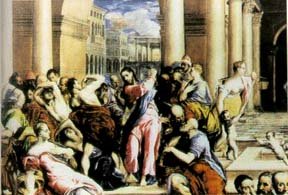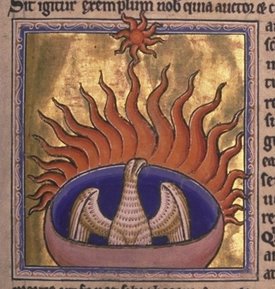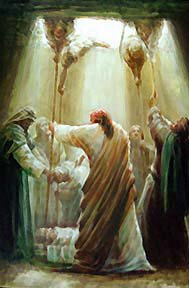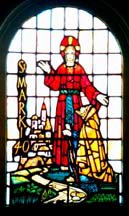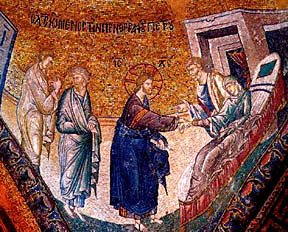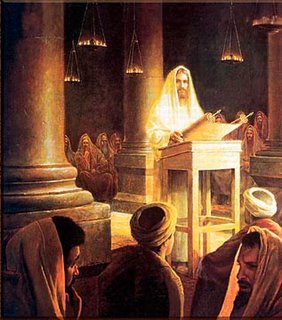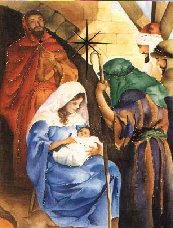Unless grain of wheat falls to the ground and dies… (Jn 12:20-33)

Some Greeks who had come to worship at the Passover Feast
They were foreigners who accepted the Jewish faith in the one God and some of their observances. They were called Greeks because they spoke Greek. They approached Philip and Andrew who were the only two disciples who had Gentile names. These two probably spoke Greek.
Have we been like Andrew and Philip instruments to bring others closer to God?
The hour has come for the Son of Man to be glorified.
The hour is the passion, death, resurrection and ascension of Jesus into heaven which in fact is the glorification of Jesus.
In the Bible hour meant decisive stages in God’s plan of saving mankind. Lent is the hour for us to accept God’s plan of saving us. Just as Jesus responded with a yes so must we. And we do so by repentance, that is, by turning away from sin in roder to turn to God once more.
Unless a grain of wheat falls to the ground and dies, it remains just a grain of wheat; but if it dies, it produces much fruit.
Jesus is the grain of wheat. His death produces a rich harvest of salvation for all man and the birth of the Church.
The early church accepted this law of life. In fact, it was a common saying that the blood of the martyrs is the seed of the Church. That is, the death of the Christian is not the beginning of the end for the church but in fact will result in more people accepting the Christian faith.
The Lenten season is the time for putting to death our sinful desires. St. Paul writes to the Colossians: “Therefore, put to death what is earthly in your life, that is, immorality, impurity, inordinate passions, wicked desires and greed which is a way of worshipping idols.” The result is a new way of thinking, a new way of living, a new man created in the likeness of Christ.
I am troubled now.
The gospel of John does not related the agony of Jesus in the garden of Gethsemane. But what the other gospels related as happening in the garden, john relates here. Jesus feels anguish as the hour of his death approaches. He appeals to his Father. He accepts his death. And finally, he receives comfort from heaven.
Then a voice came from heaven, “I have glorified it and will glorify it again.”
The Father’s voice came to give witness to Jesus at two other great moments: his baptism at the Jordan and at the Transfiguration. This moment was also important because at this point the teaching ministry of Jesus is ended and his glorification is beginning.
Conscience is called the voice of God within us. In moments of temptation this voice also speaks to us, to invite us to avoid sin and to be faithful to him.
Now the ruler of this world will be driven out.
Satan is the prince of this world. The death of Jesus overcomes the dominion of Satan over humanity.
Exorcism is a religious ceremony to drive out an evil spirit that has taken possession of the body of a person. But Satan can also take possession of the our hearts. Confession becomes the means of driving Satan from our hearts.
And when I am lifted up from the earth
Jesus will be lifted up from the earth through his crucifixion and his resurrection and ascension into heaven.
We are not meant to live forever in this world. If we are found worthy, we shall one day be lifted up to heaven to share in the glory of Jesus.
I will draw everyone to myself.
The crucified Christ is set before the eyes of the world as its Savior. But we can refuse because we are free. Let us not harden our hearts to the cal of the Lord during this Lenten season.

